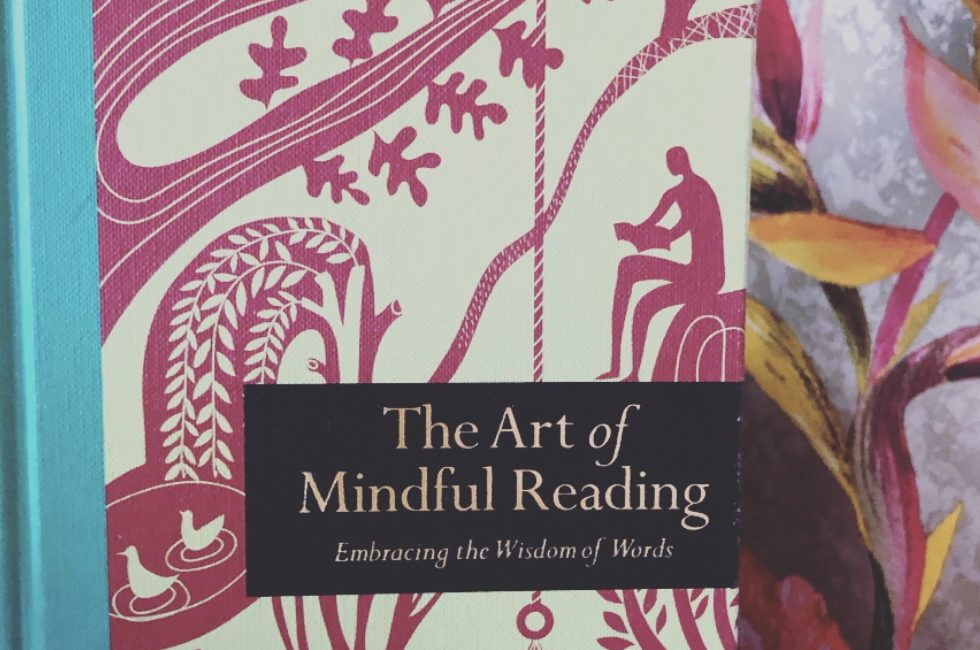
Six-Word Memoirs
I’ve been trying to implement some reading tips from The Art of Mindful Reading: Embracing the Wisdom of Words by Ella Berthoud. Six Word Memoirs was started by Larry Smith in 2006, the basic premise was asking readers of his magazine, the Smith, to describe their lives using just 6 words. The idea was inspired by Ernest Hemingway who was once asked to write the story of his life in the same way, writing, ‘Baby shoes for sale. Never worn.’ In Ella’s book she suggests trying to write 6 word memoirs of the books you’ve read, so I’m going to try for the last 6 books I’ve read.
A Place for Us
Fatima Farheen Mirza

I listened to this book on Audible and found Fatima Farheen Mirza’s writing style beautifully lyrical and extremely well written but be warned, it’s very slow, to the point where I think if I had been reading a physical book I may have given up. This story centres around an Indian Muslim American family living in Northern California and begins on the day of their eldest daughter, Hadia’s, wedding. For this special day the black sheep of the family and “prodigal son” Amar has returned after three years of family estrangement and in a series of short vignettes told through non chronological flashbacks we learn what led to his leaving.
I really loved how there were stories from the Quran peppered throughout the text that subtly foreshadowed events to come. This idea that we create mythologies within our families. It’s hard to write about this book without spoiling it but I will say that the end is incredibly poignant and if you manage to get through the middle which does drag a bit, I think the last 1/4 is magical.
6 Word Memoir: For love, he made an exception.
Pachinko
by Min Jin Lee

You can read my full review of Pachinko, here, interestingly the book opens with it’s very own 6 (well 7 really) Word Memoir… “History has failed us, but no matter”
6 Word Memoir: generational curses playing out like pachinko
The Work I Did: A Memoir of the Secretary of Goebbels
by Brunhilde Pomsel, Thore D. Hansen, Shaun Whiteside (Translator)
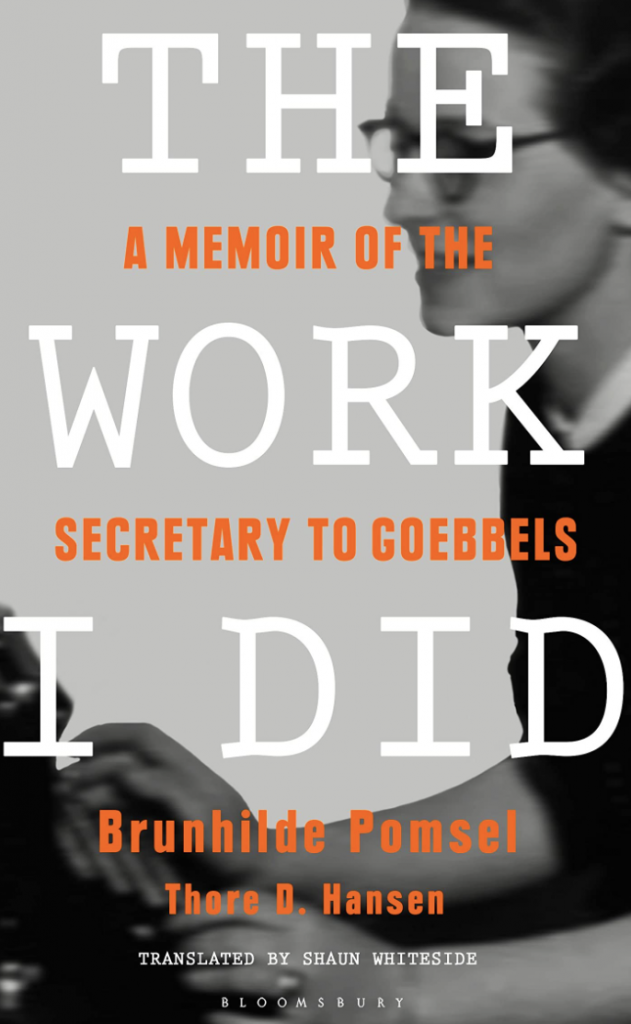
“I had no idea what was going on. Or very little. No more than most people. So you can’t make me feel guilty.”
This memoir is the written transcript of an interview with Brunhilde Pomsel that was conducted in 2016 for the documentary film, “A German Life” by the Austrian film makers, Christian Krönes, Olaf Müller, Roland Schrotthofer and Florian Weigensamer and produced by Blackbox Film & Media Productions.
Brunhilde was born in Berlin a few years before WW1. In 1933 she applied for a job with the government radio station but in order to get it, she had to join the Nazi Party. During the War she was transferred to the Reich Ministry of Public Enlightenment and Propaganda where she worked as a secretary under the Nazi propagandist, Joseph Goebbels. At the time of the interview, which was conducted over 30 hours, Brunhilde was 105 years old and is likely one of the last people to give a living testimony of what really went on, for an old girl she’s very lucid but she doesn’t really say anything that we didn’t already know. Throughout the interview Brunhilde maintains that she didn’t know anything about the extent of the atrocities committed by the Nazis and that it was only after she was released from prison, five years after the war, that she learned of the Holocaust. Her story contradicts itself in places but I don’t think she was a Nazi, that being said she doesn’t see herself as being guilty of anything apart from her political indifference which she describes as stupidity but she also concludes that if she is to blame then so is the whole German population because they all allowed the Nazi’s to come to power.
I think she must have known more than she lets on, she worked in the Propaganda Office and if we are to believe that she truly didn’t then it’s because she chose to not to know, she was handed all the information and she chose to look away. Which makes one consider all the things we choose to ignore today.
“The people who today say they would have done more for those poor, persecuted Jews […] I really believe that they sincerely mean it. But they wouldn’t have done it either.” Brunhilde Pomsel
6 Word Memoir: struggling to remember, choosing to forget
Ten 10 days in a Madhouse
by Nellie Bly
This book was actually originally a collection of articles published in 1887 for the New York World Newspaper. Nellie Bly an investigative journalist feigned madness, in order to be sent to the “Women’s Lunatic Asylum” on Blackwells Island (now known as Roosevelt Island.) Once Nellie, arrived at the Asylum she completely dropped the act and started acting quite normally, despite this the doctors insisted she was, “mad.” It’s really shocking how many “sane” individuals were essentially trapped in the institution, it seems like once you’re in it’s near impossible to get out. The reasons the women had been committed varied, one woman was sent away for having a blazing row at work, another was sent by her husband because she had, ‘a fondness for other men.’ It seemed common for women who had been suffering from illness to believe they were being sent somewhere to recover, only to find themselves in the Women’s Lunatic Asylum with no means of getting out. I was shocked by how sadistically the nurses treated the women and the joy they took in tormenting them. Once in the asylum it’s not surprising that the women’s mental health would deteriorate further and many were driven to madness. If the women complained to the nurses of the bitter coldness or asked for a blanket to warm them, they were told that as people accepting the charity of others they had no right to expect any kindness. After the publication of Nellie’s expose there was a grand jury trial which led to a massive increase in the amount of money donated to the asylum yearly.
6 Word Memoir: perhaps inhumanity is the true madness
I Feel Bad About My Neck: And Other Thoughts on Being a Woman
by Norah Ephron
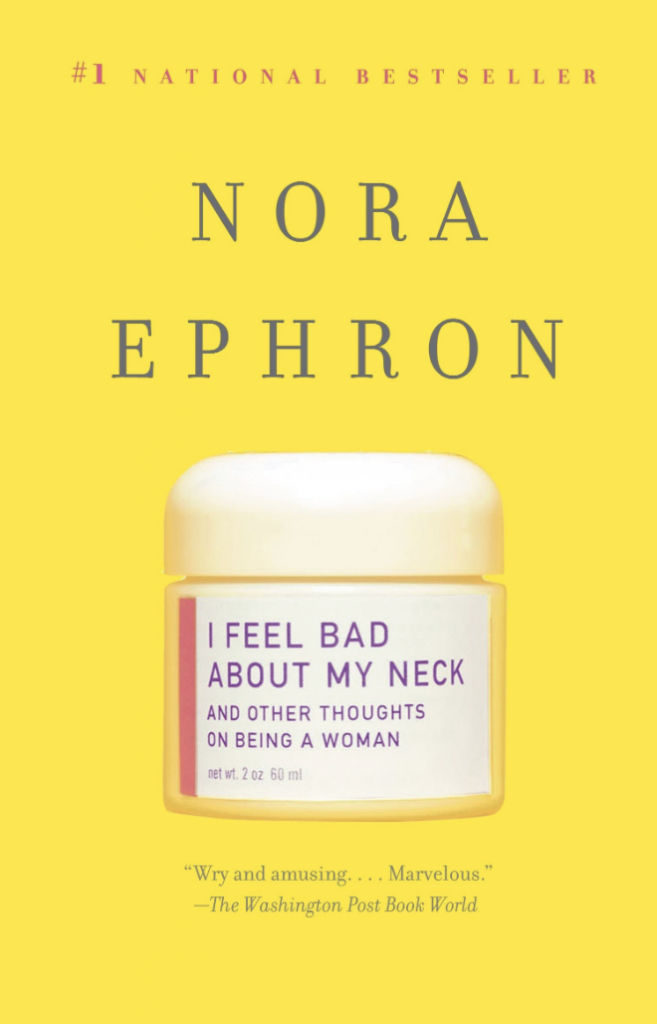
Norah Ephron wrote and directed two of my all time favourite movies, When Harry Met Sally and You’ve Got Mail and I recently enjoyed the documentary about her life; directed by her son, Everything is Copy. So, when I saw this 2006 collection of Norah’s essays on Apple Books for only 99p, I had to snap it up. The only downside was that my edition was introduced by Dolly Alderton… completely skipping the introduction aside, I really enjoyed this essay collection. Norah writes about the impossibility of keeping a purse nice, ‘You start with the things you absolutely need – your wallet and a few cosmetics that you have actually put into a brand new shiny cosmetic bag, the kind used by your friends who are competent enough to manage more than one purse at a time. But within seconds, your purse has accumulated the debris of a lifetime.’ I also liked the essay on,“Maintenance”, which amounts to, ‘all the things we do daily, weekly, or monthly, just to say more or less even“, I often think about this whilst waiting to get my nails infilled, is this all life is, an endless cycle of infills? There are essays about food, love, writing, reading, living in New York City, finding the perfect apartment, losing the perfect apartment. Overall, a really light and fun read.
6 Word Memoir: Blossom Gardens Barking, please don’t close
These Ghosts Are Family
by Maisy Card

This is the story of family that takes us from colonial Jamaica to contemporary Harlem, “Stanford Solomon has a shocking, thirty-year-old secret. And it’s about to change the lives of everyone around him. Stanford Solomon is actually Abel Paisley, a man who faked his own death and stole the identity of his best friend.” The premise sounded really interesting and I really liked the opening section of the novel but to be honest I really struggled with this one. I usually love a family saga but the writing style changed so many times throughout reading that by the end, I ended up with a genuine headache. There are so many characters but I didn’t really feel a connection to any of them, not to mention the fact that everyone in the novel is absolutely horrible. I read a review that the disconnect between the reader and the characters is intentional, because these characters are essentially, “ghosts.” I much preferred Bernadine Evaristo’s novel, Mr Loverman, which has a similar premise an elderly Caribbean man living a double life who finally comes clean, in that book we truly got to understand our protagonist and his motivations. I must admit I skipped the parts of the book that took place on a slave plantation, I didn’t realise such a large section of the book would be set there and I don’t really like reading fiction about slavery, in the same way I wouldn’t read a fictional account of the Holocaust. That being said, I did really like some of the magical realist aspects of the book, although I can’t say I have any idea of what happened at the end and the book largely felt unfinished.
6 Word Memoir: generational curses, are we destined to repeat?






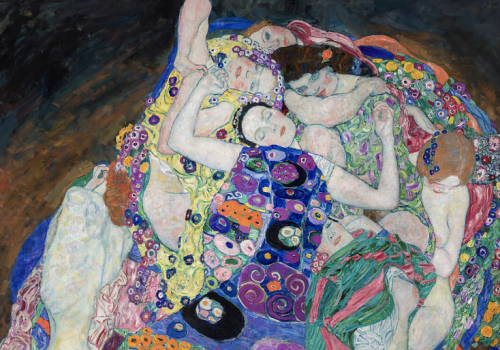
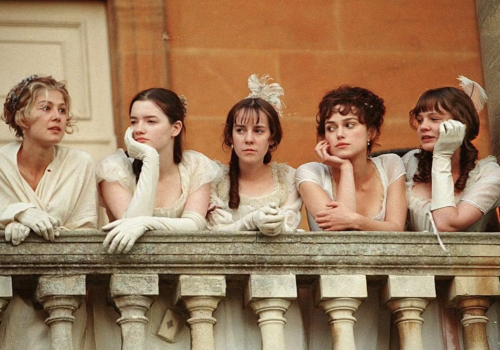

Leave a Reply